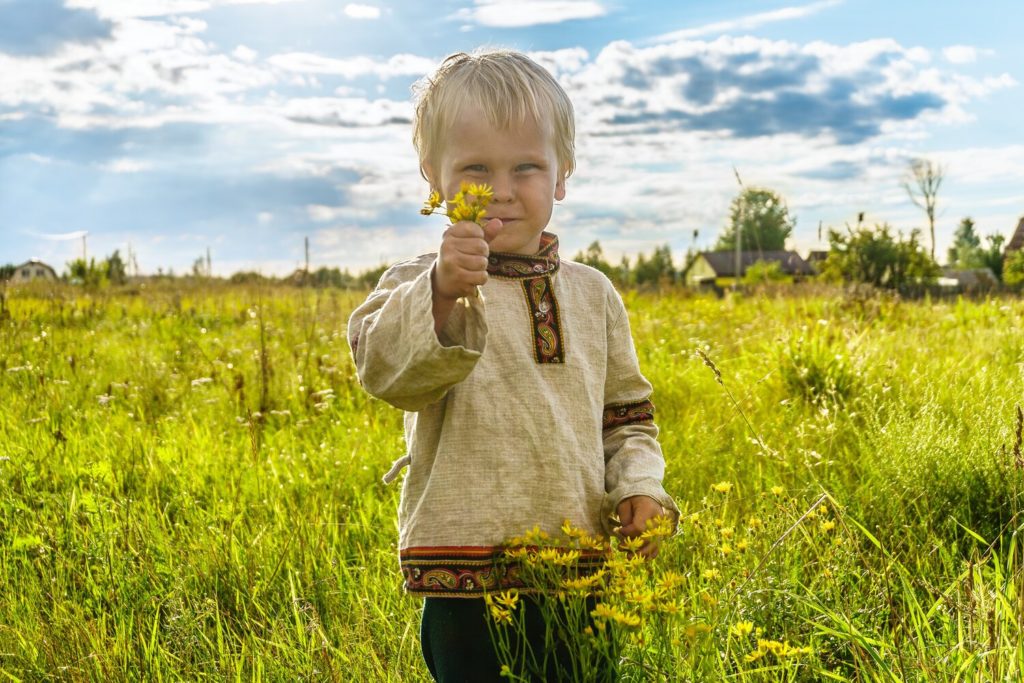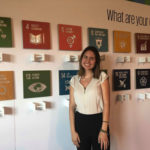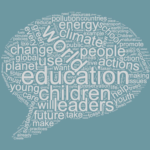On 9 March, the governments of Costa Rica, Maldives, Morocco, Slovenia and Switzerland, or the “Core Group”, delivered a joint statement at the The Human Rights Council 46th Session calling for the recognition of the right to a healthy environment with over 60 governments declaring their support. This is a historic moment and a sign of increased momentum towards the recognition of the right to a healthy environment this year.
Human Rights Council 46th Session
Core Group Statement on the right to a healthy environment
Madam President,
The Human Rights Council adopted its first resolution on human rights and the environment in 2011. Since then, we have become more aware of the numerous complex linkages that exist between human rights and the environment. The involvement and participation of all concerned individuals and authorities have brought the cross sectoral links between human rights and environment to the forefront of discussions, within the wider UN membership as well.
According to the Special Rapporteur on Human Rights and the Environment, the number of states recognizing the right to a clean, safe, healthy and sustainable environment in various forms has grown over the past few years with more than 155 countries recognising this right, or elements of this right, in their national legal systems. Despite its various formulations, the right to a safe, clean, healthy and sustainable environment is becoming universally recognised.
There is a global consensus on the degradation of the environment and the consequences it has on human life. We are all reminded by the current pandemic that the dignity, life, and health of all humans must be both protected and promoted without any discrimination. It is our belief that a safe, clean, healthy and sustainable environment is integral to the full enjoyment of human rights. Therefore the possible recognition of the right at a global level would have numerous important implications on what we leave to our future generations.
There are increasing calls for a global recognition of such a right from States, UN Representatives, experts, and civil society. We are committed to engaging in an open, transparent and inclusive dialogue with all States and interested stakeholders on a possible international recognition of the right to a safe, clean, healthy and sustainable environment.
I thank you.
Government Co-sponsors
-
Costa Rica
-
Maldives
-
Switzerland
-
Morocco
-
Slovenia
-
Guatemala
-
Panama
-
Montenegro
-
Monaco
-
Albania
-
Kenya
-
San Marino
-
Marshall Islands
-
Kazakhstan
-
Liechtenstein
-
Nepal
-
Ireland
-
Bhutan
-
Uruguay
-
Peru
-
Chile
-
Ecuador
-
Madagascar
-
Bahamas
-
Luxembourg
-
Greece
-
Italy
-
Portugal
-
Spain
-
Republic of Korea
-
Palestine
-
Austria
-
Sierra Leone
-
Cape Verde
-
Bangladesh
-
Malaysia
-
Fiji
-
Germany
-
Slovakia
-
Ukraine
-
El Salvador
-
Honduras
-
Argentina
-
Malta
-
Cyprus
-
Denmark
-
Iceland
-
Poland
-
France
-
North Macedonia
-
Georgia
-
Paraguay
-
Tunisia
-
Lithuania
-
Finland
-
Romania
-
Estonia
-
Latvia
-
Sweden
-
Philippines
-
Barbados
-
Mexico
-
Croatia
-
Mauritius
-
Belgium
-
Central African Republic
-
Niger
-
Mali
-
Vanuatu
